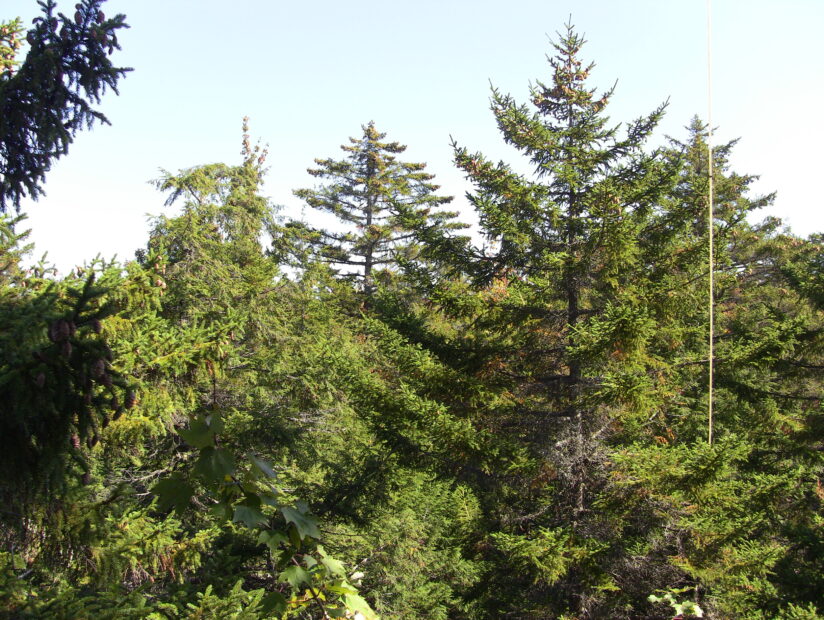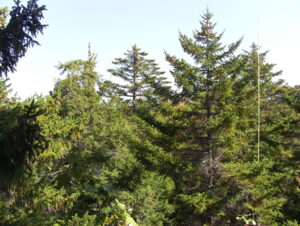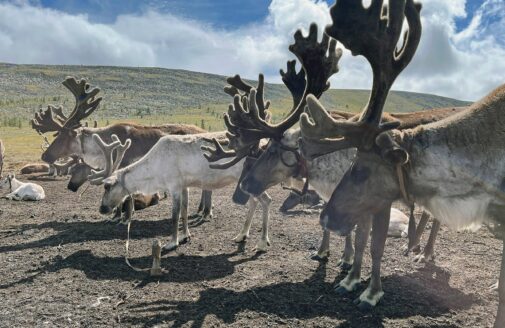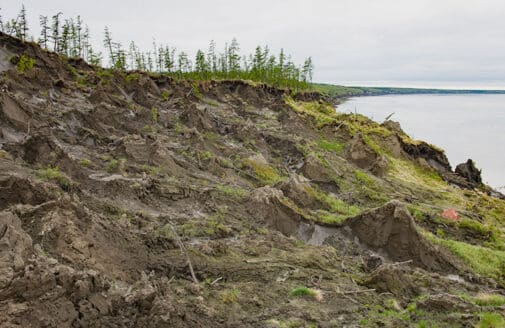Climate change likely to slow plant growth in northern hemisphere

Climate change likely to slow plant growth in northern hemisphere
While the higher temperatures and CO2 levels associated with climate change currently fuel plant productivity, a study finds that changing conditions could take a toll on photosynthesis rates in regions outside the Arctic within a decade.

Plants are a highly effective carbon sink. Globally, forests absorb about 7.6 billion metric tons of carbon dioxide per year, about 1.5 times the annual emissions of the United States.
Since the 1980s, climate warming, prompted by rising levels of carbon dioxide and other greenhouse gasses in the atmosphere, has caused an increase in plant productivity in the Northern Hemisphere outside the tropics.
But new research published May 30 in Nature Climate Change estimates that summer warming in this region will begin to have the opposite effect within the next half-century, causing photosynthesis—or plant productivity—to decline. The global land carbon sink will likely take a hit as a result, the authors write.
The Scientist
Research area







